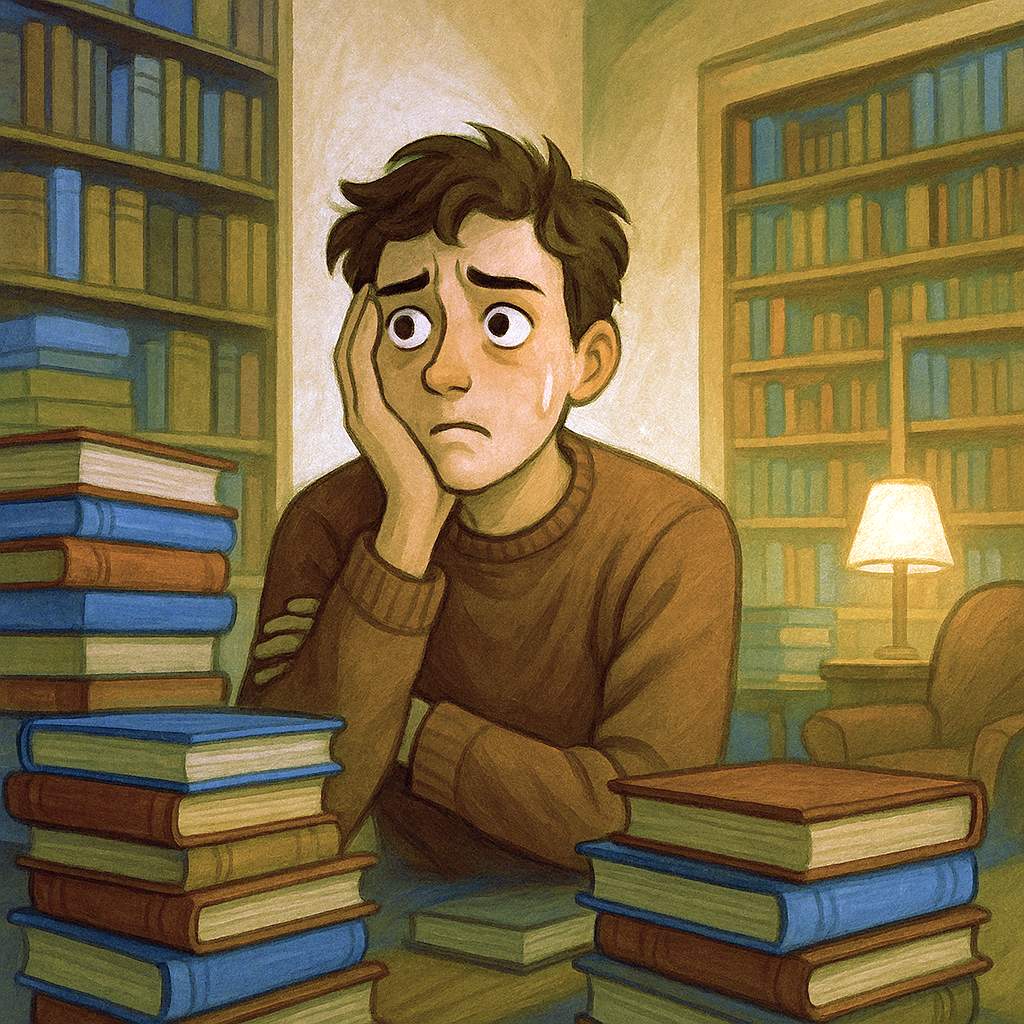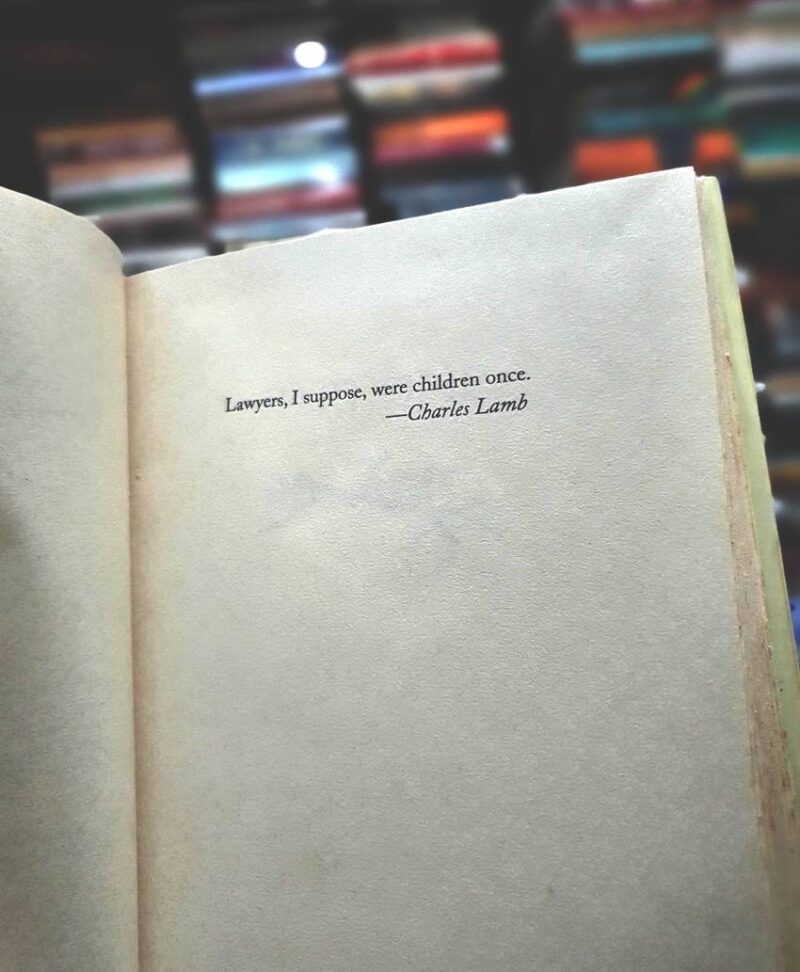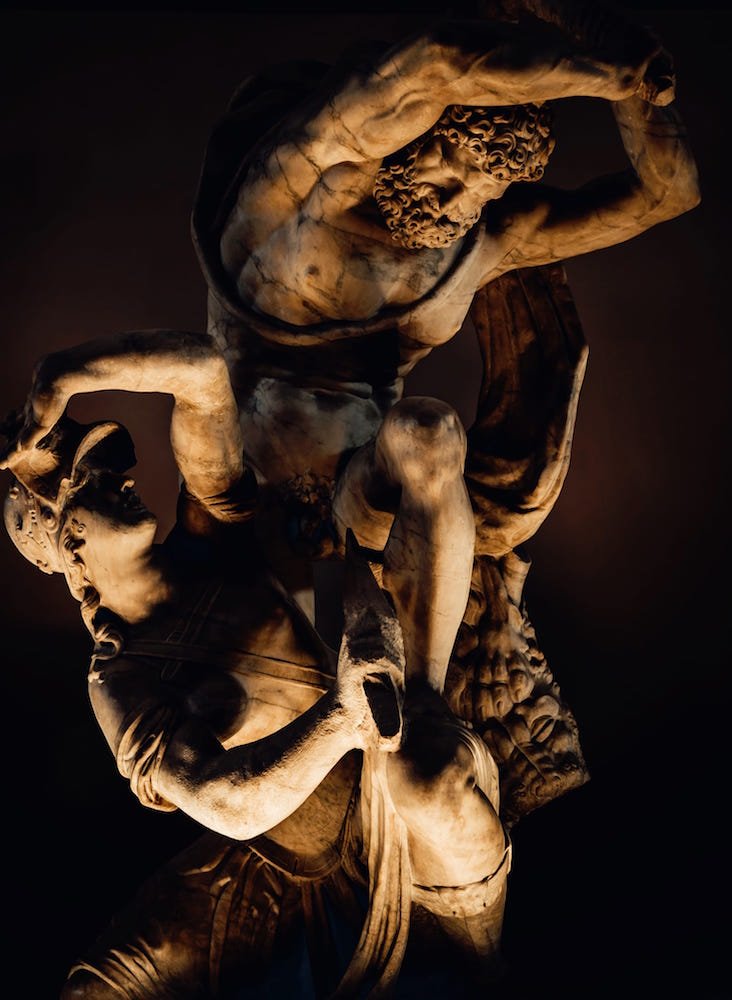The term “abibliophobia” describes the fear (often playful or hyperbolic, but real to some) of running out of things to read. Its etymology combines a- (without) + biblio- (book) + -phobia (fear). In its more literal sense, abibliophobia surfaces in readers who worry that their next book will fail to satisfy or that their supply of fresh reading material might vanish. Many sources, however, treat the word as a pseudo-phobia or neologism rather than a clinically recognized disorder.
When people ask about the meaning of abibliophobia, they often seek to uncover whether this is a genuine psychological condition or a whimsical term among book lovers. In popular usage, abibliophobia signals a deep devotion to reading, even to the point of mild anxiety about having less to read. Some writers describe it as the opposite of tsundoku (accumulating more unread books) or simply as the internal pressure that keeps a reader’s queue ever replenished.
Symptoms and Signs
Although abibliophobia is not formally recognized by diagnostic manuals, self-described sufferers often report a cluster of emotional and behavioral signs. The most common is a persistent nagging worry that one’s reading queue may dry up. This may manifest as book anxiety, or unease at the thought of finishing a favorite book without any plan to replace it.
Some describe the symptoms as reading compulsions: compulsively browsing catalogs, preordering books months in advance, or refusing to pause reading even when exhausted. Others may hoard books (or digital titles) to create a mental safety net. In extreme cases, one might feel restless or irritable if reading options appear limited or if access to new books is constrained (e.g., during travel or relocation).
Because abibliophobia overlaps with avid reading habits, distinguishing normal enthusiasm from anxiety depends on the degree of distress and disruption. If this fear causes sleeplessness, irritability, or interferes with everyday tasks (such as spending inordinate time seeking new reading instead of rest or work), it may warrant further scrutiny.
Causes and Psychological Basis
Despite not being a formal psychiatric label, abibliophobia is often thought to arise from a mix of personality, environment, and emotional factors. A strong literary identity—where a person defines themselves by what they read—can intensify anxiety about reading scarcity. Prior experiences, e.g., being without access to books during childhood or struggling with boredom in low-resource settings, might seed a fear that the book supply could become fragile.
The promise of novelty and exploration that reading offers may fuel dependency: one grows accustomed to intellectual stimulation, and its absence feels threatening. In some cases, abibliophobia may co-occur with perfectionism or anticipatory anxiety, one that is about running out of satisfying choices.
How to Overcome Abibliophobia
- Mindful acceptance of limits: Recognize that no reader can eternally maintain unread supply. Accepting scarcity as a natural boundary can relieve the pressure to chase infinite reading consumption.
- Curated buffers and flexible reading lists: Instead of over-ordering, maintain a modest list of backup reads (perhaps a “to-read buffer” of 2-3 titles) and allow gaps. Rotate between known favorites, new works, and re-reads.
- Quality over quantity mindset shift: Remind yourself that depth counts more than volume. A meaningful slow read can outweigh plowing through multiple books with superficial engagement.
- Controlled exposure and reading breaks: Intentionally allow periods without reading, e.g., digital detox weekends or designated “bookless” hours to recalibrate dependence.
- Foster alternative intellectual engagement: Podcasts, essays, lectures, or dialogues with others can diversify your mental diet beyond printed or digital books.
- Community and sharing: Join book clubs or exchanges. Lending or borrowing expands access and reduces anxiety about maintaining an endless personal library.
- Reflective journaling about triggers: Track when the fear intensifies, e.g., nearing end of series, low library access, and confront those specific triggers with reassurance and planning strategies.
If the anxiety becomes overwhelming or interferes with sleep, mood, or daily life, seeking support from a mental health professional or coach may help you parse whether there is an underlying anxiety disorder.
Brief Note on Bibliophobia
By contrast, “bibliophobia” denotes a fear or aversion toward books themselves. While abibliophobia springs from abundance concerns (too many books, too few left to read), bibliophobia springs from repulsion or dread of actual books. More clinically, some sources classify bibliophobia as a specific phobia—a form of anxiety disorder in which books provoke panic, avoidance, or physical distress (sweating, heart racing, nausea) when the person must be near or handle books.
Some individuals with bibliophobia avoid bookstores, libraries, or cursory exposure to books; those with abibliophobia, in contrast, may hoard books or immerse in reading. In a way, abibliophobia and bibliophobia can occupy opposite ends of an emotional spectrum around books: one anxious about sufficiency, the other distressed by proximity.
Further Reading
Abibliophobia: The Fear That Changed One Florida Teen’s Life by Natasha Agarwal, Channel Kindness
The fear of running out of something to read is called Abibliophobia. on Reddit




